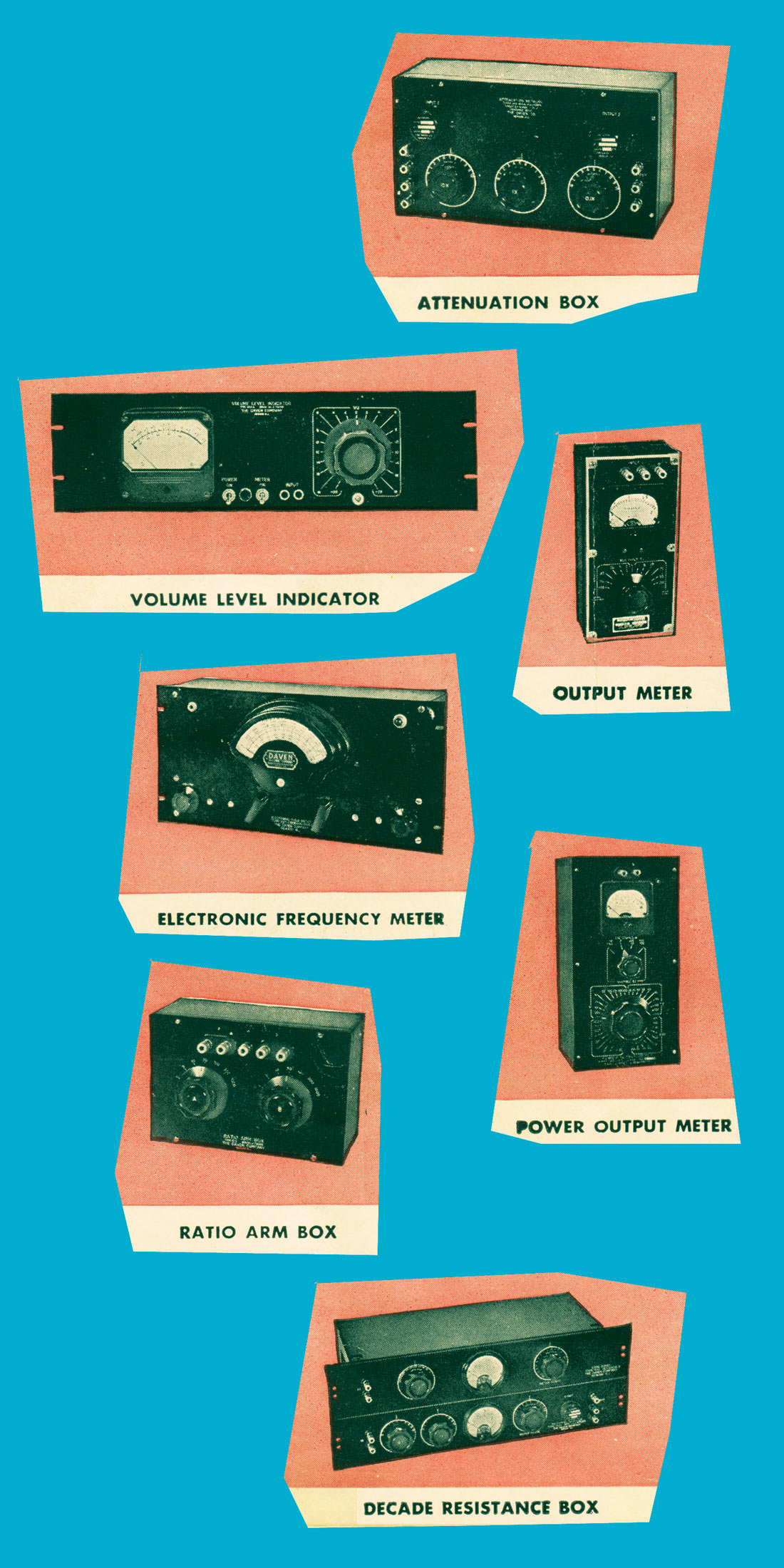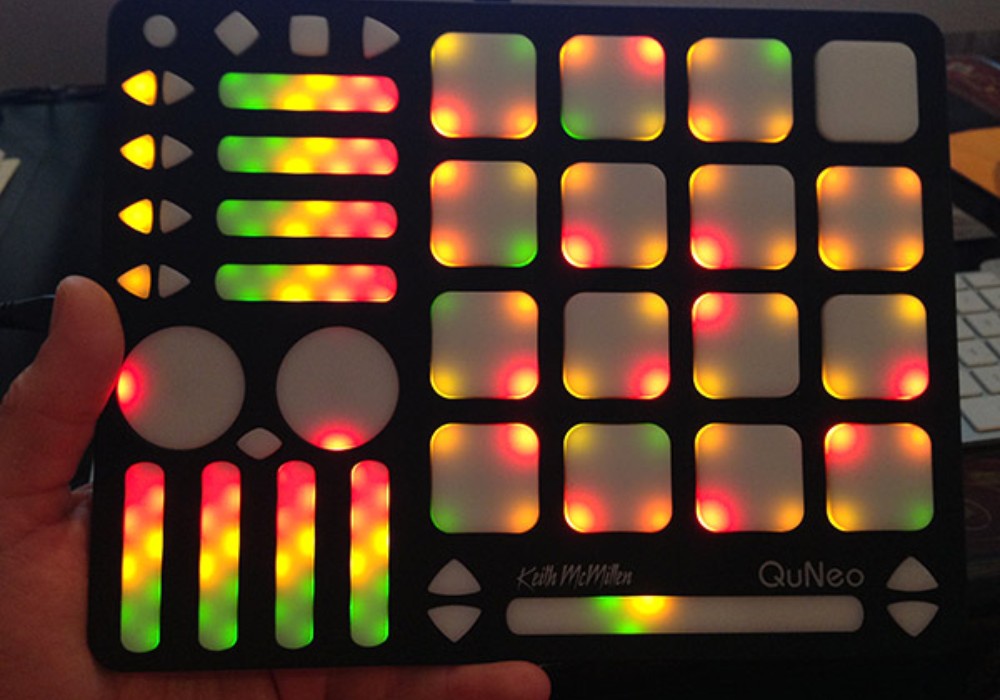I'm a big fan of Arturia's soft synth collection; they have some of the best sounding and well-modeled "vintage" software synthesizers available. So I jumped at the chance to try out their new super-affordable MiniLab hybrid controller. Not because I needed another USB control surface - frankly, I have a couple of decent MIDI keyboards which have served me well, and I wasn't really in the market for another. Honestly, what had me excited about the MiniLab is that it comes bundled with Arturia's Analog Lab software package, which includes a curated collection of sounds from almost all of the best Arturia synths - a "Greatest Hits" of essentials from Arturia's deep library.
The MiniLab itself is a two-octave mini-key controller with 16 endless encoders, eight pads (two banks for a total of 16 controls), plus pitchbend and modulation touchstrips in a super- compact form factor which is clearly designed for portability. The big surprises here are the price and the depth of the Analog Lab sounds. The MiniLab has a street price of just $99, which is simply crazy; the controller alone would be worth that price, but the bundled software pushes the value of this unit way beyond the asking price and into the territory of "Wow, I better grab this before someone gets wise!"
To better illustrate what a good deal this is, with the MiniLab Analog Lab combo, you have access to no less than 5000 sounds from the full versions of Arturia's Mini V and Modular V [Tape Op #41]; CS-80V [#57]; Prophet 5 and Prophet VS [#57]; Jupiter 8V [#67]; Arp 2600V; Oberheim SEM V; and Wurlitzer V. Any one of those soft synths retails for as much or more than the MiniLab. Lest you think you're getting some stripped-down, reduced-quality versions of the Arturia flagship synths, these are the full sounds utilizing the TAE engine - the same sounds you'd get with the full versions - and they all sound great. And while you are somewhat dependent upon Analog Lab's preset library, you may still tweak individual sounds to your liking and save your own; preset management is well implemented, and the browser is easy to navigate. So, what's different between Analog Lab and the full Arturia software synth family? Primarily the depth of available editing; if you also own the full versions of any of the given synths, there are generally way more editable parameters available to you via a convenient "Edit" shortcut (unavailable unless you have an authorized copy of the full plug- in version). But from my perspective, this had no real impact on playability; if anything, it was nice to have dead-simple access to such a wide variety of sounds. I do own Arturia's CS-80V, and in contrasting the two applications, it's clear that while there is no discernible difference in audio quality, the full CS-80V was obviously far more complex (just like the real thing), with many more parameters available for editing and sound design. Think of Analog Lab as the Cliff's Notes of vintage synths and keys. More fun, really, but you get the point.
The bus-powered MiniLab controller has some fun performance options, including the ability to assign chords and presets to the pads. It's definitely small enough to fit into a laptop bag, and it has a sustain pedal input, if you want to go there with a tiny controller. Note that the MiniLab got along fine with other MIDI-controlled software (MIDI encoder mapping is managed via the Arturia MIDI Control Center standalone application). Arturia even offers a remote script to help users control Ableton Live [Tape Op #95].
One slightly annoying minor software gripe - Analog Lab's standalone application window size is set within the Preferences menu. When I would disconnect my external display from my laptop, I would lose a bit of the interface off the lower portion of my laptop's screen, until I went into the prefs and changed the screen size, then restarted the application. It would be more convenient to have the window sizing options readily displayed via the UI (or just have dynamic resizing available via dragging the bottom-right corner of a window).
That aside, it's easy to see this combination of portability and software value being a go-to hotel-room composer's workstation. 99 bucks, guys! I feel like a used car salesman in a cheap suit and comb-over. "What's more, friend, it has all those extras you need - pure luxury driving heaven at blowout prices!" But honestly, this is kind of a crazy good deal.





_disp_horizontal_bw.jpg)